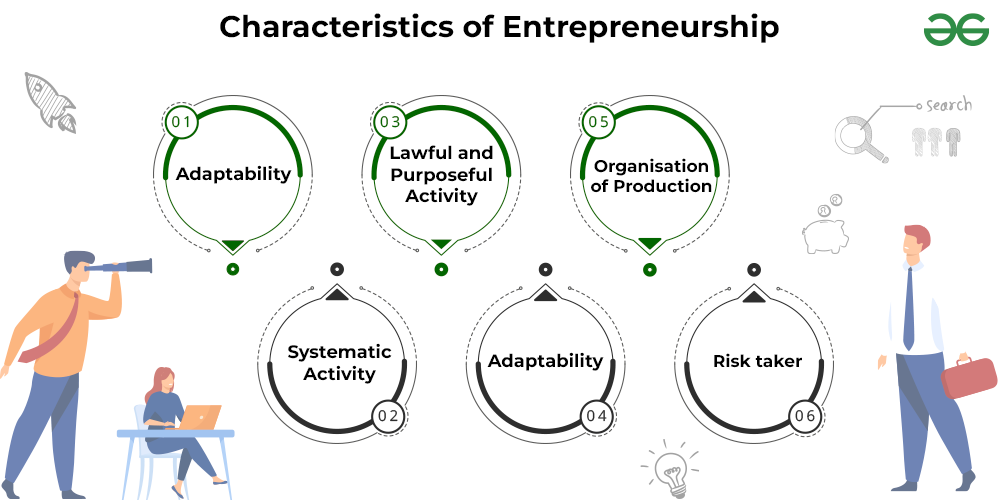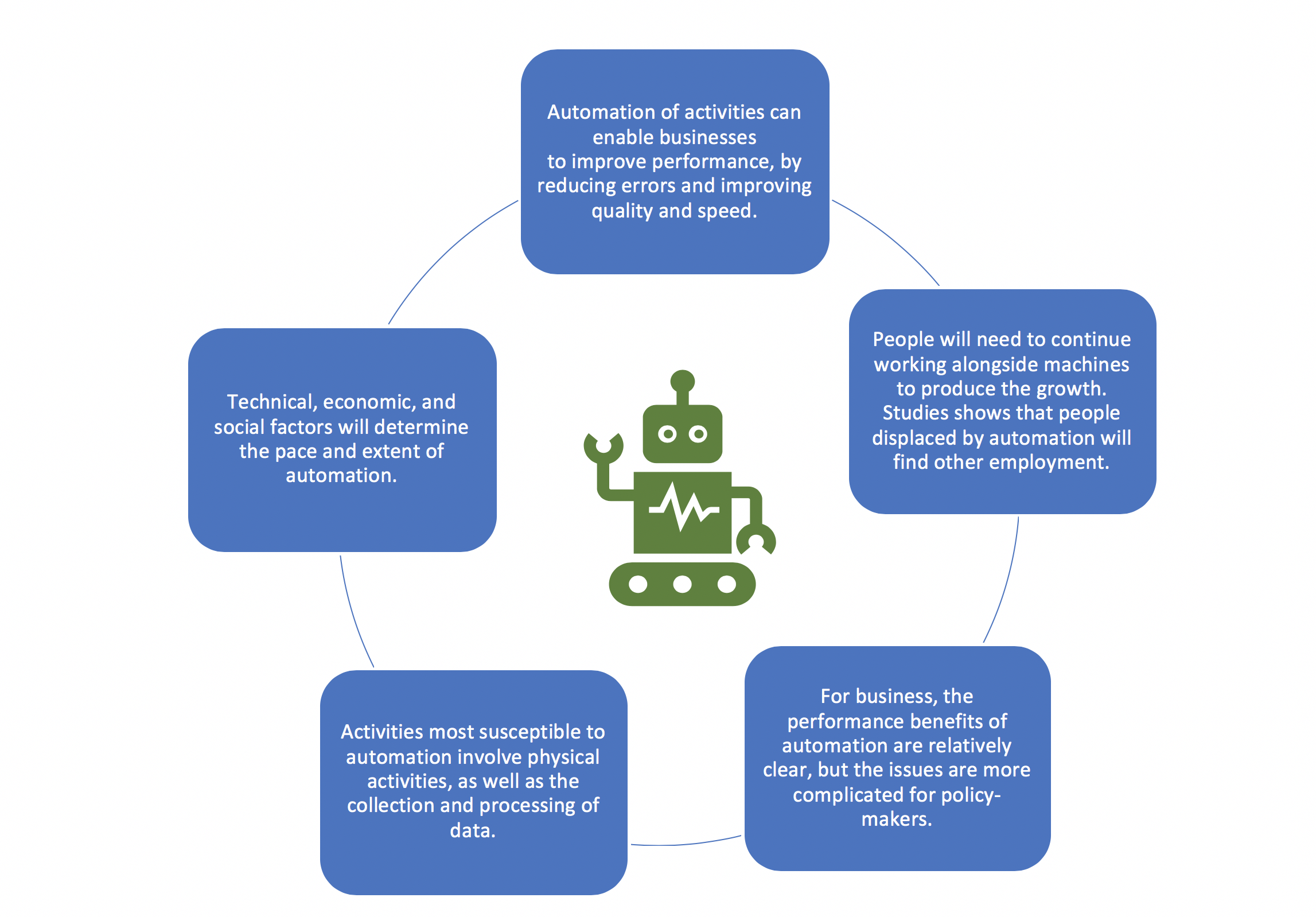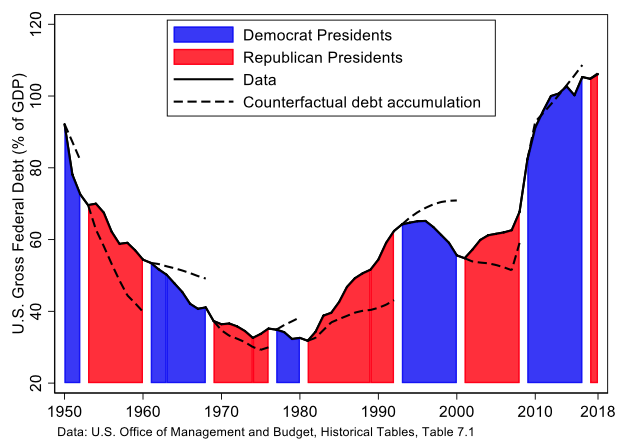
Entrepreneurialism and Work: Exploring New Career Paths
Entrepreneurialism and work are deeply intertwined in today’s modern workforce, reshaping how we perceive our careers and financial autonomy. As Erik Baker highlights in “Make Your Own Job,” this American entrepreneurial spirit fosters a culture where individuals embrace freelance work and innovative opportunities to forge their own paths. From ride-share drivers to digital influencers, more people are redefining traditional employment, driven by the desire to create meaningful jobs that resonate with their passions and skills. However, this shift comes with its own set of challenges, as the relentless pursuit of success can leave many feeling overwhelmed and anxious. In this evolving landscape, the call to “Make Your Own Job” has never been more prominent, encouraging a generation to take control of their professional destinies and thrive in a competitive economic environment.
When examining the relationship between individual initiative and employment, we see a vibrant shift towards self-employment and innovative job creation. The emergence of solopreneurs and freelancers reflects a broader trend where traditional career pathways are increasingly being supplemented or replaced by the pursuit of entrepreneurial ventures. This evolution not only highlights the need for personal agency in work but also reveals the dynamics of a workforce that values creativity and adaptability. With the rise of platforms promoting job creation outside conventional settings, many individuals are reimagining their contributions to society through the lens of entrepreneurial endeavors. In this context, the phrase “Make Your Own Job” encapsulates a vital movement that encourages people to innovate and shape their professional experiences in ways that align with their aspirations.
The Rise of Entrepreneurialism in the Modern Workforce
As Erik Baker discusses in “Make Your Own Job,” the evolution of entrepreneurialism has reshaped the landscape of the modern workforce. In the wake of industrial changes and economic recessions, many Americans have turned to freelance work and entrepreneurial endeavors as a solution for job security and personal fulfillment. This trend reflects a larger societal shift where individuals seek to create their own opportunities rather than relying on traditional employment pathways. The entrepreneurial spirit, fueled by the rise of the internet and digital platforms, allows individuals to monetize their unique skills and interests, radically changing the way we perceive work.
This shift has paved the way for diverse work options, including solopreneurs and sidepreneurs who seek to balance personal passion with profit. Freelancing, which often involves short-term contracts or projects, has become a viable alternative for many in the modern workforce, allowing them to work flexibly and creatively. This new job market is not simply about finding employment—it’s about fostering innovation and independence, encouraging people to take control of their career paths and destinies.
The idea of ‘making your own job’ resonates powerfully in today’s economy, where the traditional 9-to-5 job is increasingly viewed as outdated. Entrepreneurialism today also speaks to a broader ideology based on personal branding and self-promotion, driving individuals from various backgrounds to embrace a more liberated approach to work.
By redefining what it means to be employed, Baker illuminates a path where individuals can align their careers with their passions. This not only cultivates job satisfaction but also contributes to the overall vitality of the American economy, which thrives on innovation and adaptability.
The Exhaustion of Constant Entrepreneurial Pursuits
While the entrepreneurial mindset offers opportunities, as Erik Baker points out, it can also lead to a sense of burnout. The expectation that individuals must always be ‘on’ and continually innovating can create immense pressure. The notion of being one’s own boss often clashes with the reality of unpredictable income, client demands, and the need for constant self-promotion. This cycle of stress and anxiety is especially pronounced in the freelance economy, where job security is often a myth.
The societal glorification of entrepreneurial success can exacerbate feelings of inadequacy. In a culture that promotes success stories of influencers and startup founders, many individuals may feel overwhelmed by the narrative that they too must constantly hustle to achieve similar heights. Baker captures this sentiment through the lens of his friend’s struggles, reflecting the modern dilemma where self-worth is closely tied to professional achievement. As more people engage in entrepreneurial activities, the challenge lies in finding a sustainable balance that allows for personal well-being alongside ambition.
Navigating the Gig Economy: Opportunities and Challenges
The gig economy has emerged as a double-edged sword in the current economic landscape, providing flexibility and opportunity yet presenting significant challenges. Erik Baker’s exploration of entrepreneurialism reveals how freelance work can empower individuals to pursue their passions. Platforms like Upwork and Fiverr have democratized access to work, enabling creative professionals to connect with clients worldwide without geographical limitations.
However, this newfound freedom comes with uncertainties. Gig workers often grapple with inconsistent income and lack of benefits traditionally associated with full-time employment. Consequently, while the gig economy appears to align with the American entrepreneurial spirit, it raises critical questions about worker rights and long-term stability. This dynamic illustrates the need for reevaluating labor policies to adapt to the realities of this burgeoning workforce.
Freelancing: A Path Toward Self-Discovery
Freelancing has become synonymous with self-discovery in today’s economy, as highlighted by Erik Baker in “Make Your Own Job.” As individuals take charge of their careers, they also embark on a journey of personal growth and exploration. The choice to freelance allows many to align their professional endeavors with their values and passions, leading to greater job satisfaction and fulfillment.
This path isn’t without its obstacles, including the inherent risks associated with fluctuating income and market competition. Nevertheless, the rewards of becoming one’s own boss, crafting unique projects, and building a personal brand can outweigh these challenges. The drive for autonomy fuels the entrepreneurial culture, steering individuals toward creative solutions and innovative ideas in a competitive landscape.
The Impact of Technological Advances on Work
The rapid evolution of technology has reshaped the American workforce, particularly influencing entrepreneurialism and freelance work. Erik Baker suggests that technological advances not only create new job opportunities but also foster a culture of innovation and adaptability. From remote work tools to e-commerce platforms, technology enables individuals to launch businesses with minimal overhead, thereby enhancing the spirit of entrepreneurship in the economy.
However, this also brings to light concerns regarding job displacement as companies automate various processes. As traditional roles diminish, the need for entrepreneurial thinking becomes even more crucial, encouraging workers to adapt their skills to meet new demands. Embracing technology as an enabler can help individuals navigate the complexities of the modern workforce, turning potential challenges into opportunities for growth.
The Evolution of the American Entrepreneurial Spirit
The American entrepreneurial spirit has evolved significantly over the decades, with roots tracing back to the changing industrial landscape and the collective psyche of the nation. Erik Baker’s analysis sheds light on how historical shifts have influenced our understanding of work, fostering a culture where innovation and self-reliance are celebrated. As economic challenges arose, the push toward entrepreneurialism became a natural response, shaping how individuals view their roles within the workforce.
This evolution also reflects broader societal changes, as various demographics have increasingly embraced entrepreneurship as a viable career path. Baker illustrates that this trend isn’t limited to traditional business owners; it encompasses anyone with a vision and a drive to create, regardless of their background or experience. Thus, understanding this evolution helps contextualize why many turn to entrepreneurial roles in times of economic uncertainty and change.
The Role of Self-Help Literature in Shaping Work Ethos
Self-help literature has played a pivotal role in defining the modern work ethic, particularly in relation to entrepreneurialism. As highlighted in Erik Baker’s work, authors like Napoleon Hill provided frameworks for individuals to not only set professional goals but also cultivate the psychological tools needed for success. This literary genre has popularized the notion of ‘making your own job,’ empowering readers to take initiative in their career trajectories.
However, reliance on self-help narratives can create unrealistic expectations. While these books inspire many to pursue entrepreneurial endeavors, they often gloss over the challenges and hardships faced along the way. Baker’s exploration of how these ideals have permeated American culture highlights the delicate balance between aspiration and practicality in navigating one’s professional life.
The Shift from Employee to Entrepreneurial Mindset
The transition from a traditional employee mindset to an entrepreneurial outlook marks a critical shift in how individuals engage with their work. The notion that one must constantly be on the lookout for opportunities and cultivate a diverse skill set has become central to this transformation. As Erik Baker outlines, this mindset allows individuals to view challenges as opportunities for growth, driving innovation in various fields.
This shift not only redefines work but also empowers individuals to take ownership of their careers. Embracing an entrepreneurial mindset encourages creativity, adaptability, and resilience, traits that are increasingly valuable in the modern workforce. As workers prioritize personal fulfillment and alignment with their values, the traditional employer-employee relationship is giving way to a more collaborative, dynamic approach to work.
Finding Balance in an Entrepreneurial World
In the fast-paced world of entrepreneurialism, finding balance becomes an essential pursuit for many individuals. As highlighted in Baker’s narrative, the incessant pressure to innovate can lead to burnout and anxiety. As people embrace the entrepreneurial ethos, it becomes crucial to carve out time for rest and reflection to sustain mental well-being while navigating personal and professional demands.
Efforts to integrate balance—whether through structured schedules, self-care routines, or community support—can lead to greater creativity and productivity in work. Recognizing that moments of respite catalyze inspiration allows individuals to navigate the challenges of the entrepreneurial landscape more effectively. Therefore, as Baker articulates, achieving this balance is key to maintaining both personal satisfaction and professional success in an entrepreneurial world.
Frequently Asked Questions
How has entrepreneurialism changed the nature of freelance work in America?
Entrepreneurialism has significantly transformed the landscape of freelance work in America. With the rise of the gig economy, many individuals are now embracing freelance opportunities that allow them to ‘make their own job’, fostering a culture where personal skills and unique offerings are central. This shift reflects the American entrepreneurial spirit, empowering workers to pursue their passions and adapt to changing economic conditions.
What does ‘Make Your Own Job’ by Erik Baker teach us about the modern workforce?
In ‘Make Your Own Job’, Erik Baker explores the evolution of the modern workforce through the lens of entrepreneurialism. The book emphasizes how individuals can leverage their distinctive skills in a competitive job market, aligning with the principles of self-promotion and creativity that define today’s entrepreneurial landscape. This approach encourages workers to view their roles as adaptable and self-directed, essential traits in the contemporary economy.
Why is the concept of ‘making your own job’ increasingly relevant in today’s economy?
The concept of ‘making your own job’ is gaining traction in today’s economy due to rising unemployment rates and technological advancements that lead to job displacement. As outlined by Erik Baker, the American entrepreneurial spirit fosters a mindset where individuals can create opportunities through freelance work or entrepreneurship, redefining their relationship with work in an era of uncertainty.
How does Erik Baker link entrepreneurialism to the American industrialization era?
Erik Baker links entrepreneurialism to the American industrialization era by discussing how the transition from industrial jobs to a more entrepreneurial workforce emerged as a response to structural unemployment in the early 20th century. This historical context highlights how the need for adaptability and innovation has shaped the modern workforce, encouraging individuals to embrace entrepreneurial roles as a response to economic shifts.
What role does the American entrepreneurial spirit play in freelance work culture?
The American entrepreneurial spirit plays a crucial role in shaping the freelance work culture by encouraging individuals to see themselves as innovators and self-starters. This ethos fosters an environment where creativity and personal initiative are valued, leading to a diverse range of freelance opportunities that allow workers to thrive by ‘making their own job’ in a competitive landscape.
What challenges does entrepreneurialism present to the modern workforce?
While entrepreneurialism offers opportunities for autonomy and innovation, it also presents challenges for the modern workforce, particularly in the form of job insecurity and the pressure to consistently perform. As Erik Baker illustrates, the constant pursuit of entrepreneurial success can lead to anxiety and a sense of failure, making it difficult for individuals to find balance and relaxation in their professional lives.
How can individuals adapt to the pressures of entrepreneurialism in their careers?
Individuals can adapt to the pressures of entrepreneurialism by cultivating resilience and a proactive mindset toward their careers. This includes embracing continuous learning, networking with like-minded entrepreneurs, and seeking support systems that reinforce their ambitions in freelance work. By adopting these strategies, workers can better navigate the challenges of self-employment and maintain their entrepreneurial spirit.
What impact has the digital age had on American entrepreneurialism and freelance work?
The digital age has revolutionized American entrepreneurialism and freelance work by providing unprecedented access to global markets and remote opportunities. Technology enables individuals to start independent ventures, leverage online platforms for freelance jobs, and ‘make their own job’ from virtually anywhere. This shift has empowered a new generation of workers to embrace the entrepreneurial spirit, aligning their career goals with the capabilities offered by the online economy.
How does Erik Baker address the emotional toll of entrepreneurialism in his book?
In his book, Erik Baker highlights the emotional toll of entrepreneurialism by exploring the stress and anxiety that come with the constant pressure to succeed. He discusses how the fear of failure and the challenges of navigating a freelance career can lead to feelings of isolation and overwhelm, making it essential for aspiring entrepreneurs to find balance and establish supportive networks.
What historical events shaped the journey of American entrepreneurialism?
Historical events such as the Great Depression played a significant role in shaping the journey of American entrepreneurialism. During this period, societal shifts prompted individuals to engage in freelance work as a means of survival, ultimately paving the way for the ‘make your own job’ ethic that continues to influence the modern workforce. This historical context underscores the resilience ingrained in the American entrepreneurial spirit.
| Key Point | Details |
|---|---|
| Shift to Entrepreneurialism | Americans have increasingly embraced entrepreneurialism due to economic changes and dissatisfaction with traditional jobs. |
| Historical Context | The roots of American entrepreneurialism trace back to the late 19th century, responding to structural unemployment. |
| Definition and Expansion | Entrepreneurialism evolved from a narrow focus on production to inspiring management styles. |
| Cultural Shifts | Self-help literature has greatly influenced the understanding and acceptance of entrepreneurialism in American culture. |
| Impact of Economic Pressures | Economic downturns often coincide with increases in entrepreneurial activity, as people seek alternative means of income. |
| Modern Implications | Today’s workforce includes a wide array of roles that fit under the entrepreneurial umbrella, often leading to anxiety and stress. |
Summary
Entrepreneurialism and Work have transformed the modern landscape of employment, reflecting a significant shift in how individuals perceive their roles in the workforce. As illustrated in Erik Baker’s “Make Your Own Job,” the embracing of entrepreneurial principles has led to new forms of self-employment and job creation, but often at the cost of increased pressure and anxiety. The evolution from traditional employment to an entrepreneurial mindset underlines both the promises and challenges faced by many Americans today, highlighting the need for balance in a rapidly changing economy.


